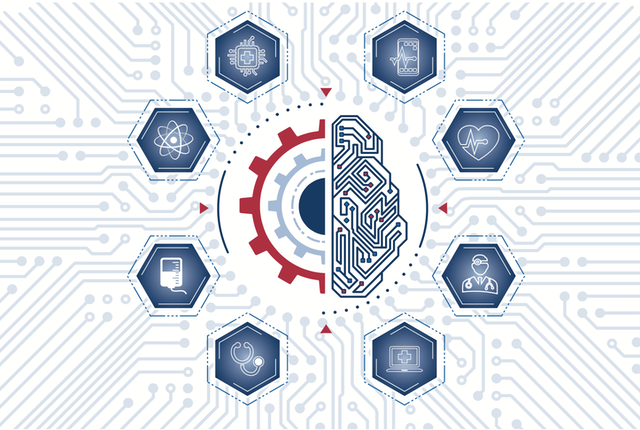
How Artificial Intelligence In ICT4D Projects Can Improve Lives
Artificial intelligence (AI) can be used in ICT4D projects to improve people’s lives in developing countries by providing access to information, opportunities, and services, and by promoting innovation and efficiency in various sectors. Some examples include:
- Healthcare: AI can be used to improve the diagnosis and treatment of diseases, through the use of machine learning algorithms to analyze medical data and identify patterns. It can also be used to support telemedicine and remote healthcare services, allowing for the delivery of care to people in remote or underserved areas.
- Education: AI can be used to personalize learning and adapt to the needs of individual learners, through the use of adaptive learning algorithms and other technologies. It can also be used to analyze data on learning outcomes and identify areas for improvement.
- Agriculture: AI can be used to improve the efficiency and productivity of agriculture, through the use of precision agriculture technologies such as remote sensing and GPS-based farming tools. It can also be used to analyze data on crop yields and identify patterns that can inform decision-making.
- Financial inclusion: AI can be used to expand access to financial services, through the use of mobile banking and other digital financial technologies. It can also be used to analyze data on financial behavior and identify patterns that can inform the design of financial products and services.
Use ChatGPT Visual Skills to Improve USAID Nutrition Programs
Three years ago, I was asked to improve nutrition programming for a large USAID implementing partner. They were concerned about chronic malnutrition in target populations,...
Apply Now: $10 Million for Artificial Intelligence Projects Advancing Economic Mobility
We need to build evidence for how artificial intelligence can improve economic opportunity for low income people. That might mean streamlining access to services...
4 Insights on Assistive AI Solutions for People with Disabilities
Artificial intelligence technologies have the potential to improve the quality of life for marginalized populations, including people with disabilities. However,...
Why Do LMIC Governments Want Artificial Intelligence Solutions?
As governments develop artificial intelligence strategies to manage the integration of AI within the private sector and its impact on social dynamics, a schism...
How InkubaLM is Revolutionizing Locally-Led Development in Africa
Language diversity on the African continent is both a cultural strength and a technological challenge. With over 2,000 spoken languages, mainstream artificial intelligence...
Introducing the United States AI in Global Development Playbook
The world stands at a precarious moment as we work towards shared prosperity. The global community is on track to meet just 17% of the United Nations Sustainable...
10 Examples of Generative AI Solutions for 6 Global Health Challenges
Generative artificial intelligence is poised to transform healthcare by revolutionizing clinical decision-making and improving patient outcomes.
This technology...
How Zambian Journalists are Using Artificial Intelligence in Newsrooms
Generative AI, natural language processing, and machine learning models, are being used by journalists in sub-Saharan Africa to enhance their reporting, storytelling,...
What Is AI4Good? Harnessing Artificial Intelligence for Social Impact
Artificial intelligence (AI) has emerged as one of the most transformative technologies of the 21st century, impacting various sectors from healthcare to finance....
How USAID is Using Digital Solutions to Combat Malaria in LMICs
Malaria is a deadly disease transmitted by mosquitoes. It remains a formidable public health challenge worldwide. For decades, malaria control efforts have focused...











